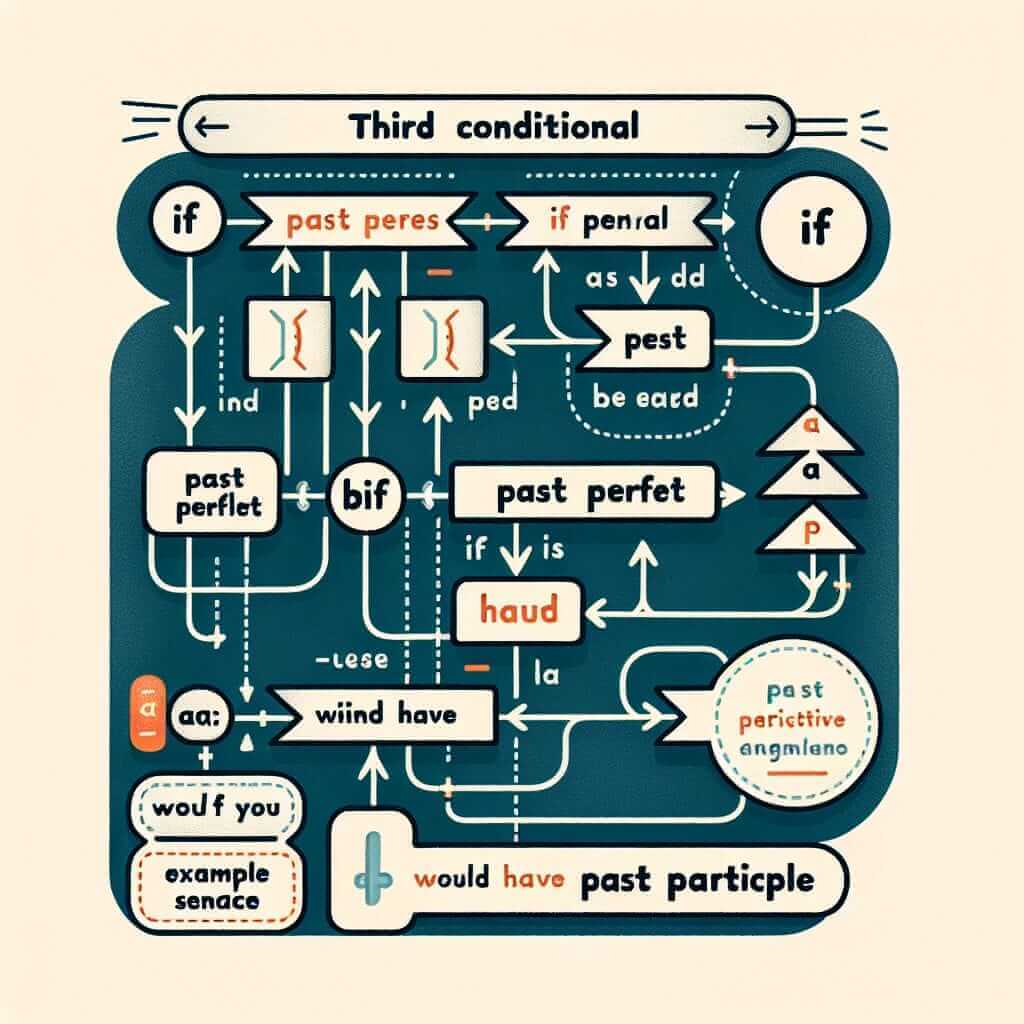In the realm of English grammar, the third conditional allows us to delve into hypothetical situations in the past and their imagined consequences. It’s a powerful tool for expressing regret, speculating about missed opportunities, or simply exploring alternative timelines. The phrase “Had I been aware, I would have responded” perfectly exemplifies this grammatical structure, often appearing in IELTS speaking and writing tasks where you’re asked to reflect on past experiences or express hypothetical outcomes.
Here are a few examples of how the third conditional can be used in the context of the IELTS exam:
- Speaking Part 2 (Describe a time you were surprised): “Had I known it was a surprise party, I would have dressed more formally.”
- Writing Task 2 (Discuss the importance of learning from the past): “Had the company invested in renewable energy earlier, they would have been better prepared for the current crisis.”
- Speaking Part 3 (Discuss the impact of technology on communication): “Had social media existed a century ago, communication patterns would have been vastly different.”
In each of these examples, the third conditional allows us to construct a hypothetical past situation and its imagined consequence. This adds depth and complexity to your language, demonstrating a nuanced understanding of grammatical structures that can significantly boost your IELTS score.
Understanding the Third Conditional
The third conditional is used to talk about hypothetical or imagined situations in the past, things that did not actually happen. It allows us to explore “what if” scenarios and their potential outcomes.
Form and Structure:
The structure of the third conditional is as follows:
If + Past Perfect, would have + Past Participle
Or, using inversion for a more formal tone:
Had + Subject + Past Participle, Subject + would have + Past Participle
Let’s break down the example “Had I been aware, I would have responded”:
- Had I been aware: This is the conditional clause. It uses inversion (“Had I…” instead of “If I had…”) to create a more formal tone often suitable for IELTS writing tasks.
- I would have responded: This is the main clause. It describes the imagined consequence of the hypothetical situation in the past.

Usage in IELTS
The third conditional is particularly useful in these IELTS sections:
- Speaking Part 2: When describing a past experience, you can use the third conditional to reflect on alternative actions or outcomes.
- Speaking Part 3: During discussions about hypothetical situations or problems, the third conditional helps you express possibilities and consequences.
- Writing Task 2: In essays where you need to discuss hypothetical situations, the third conditional adds weight and sophistication to your arguments.
Mastering the Third Conditional for a Higher Score
Here’s how you can use the third conditional effectively to achieve a band 7+ in your IELTS exam:
1. Accurate Tense Usage:
Remember that the third conditional always refers to the past. Therefore, use the past perfect in the “if” clause and “would have” + past participle in the main clause.
Incorrect: If I knew about the meeting, I will attend.
Correct: Had I known about the meeting, I would have attended.
2. Formal vs. Informal:
While both “If + Past Perfect” and “Had + Subject + Past Participle” are grammatically correct, the inverted form is generally considered more formal and may be more appropriate for IELTS Writing Task 2.
3. Vary Your Language:
Don’t overuse the third conditional. Instead, use it strategically to emphasize specific points or create a sophisticated tone. Combine it with other grammatical structures to demonstrate a wider range of language skills.
Example:
Instead of: “Had I practiced more, I would have passed the test. Had I managed my time better, I would have finished the exam.”
Try: “Had I practiced more diligently and managed my time effectively, I am confident that I would have achieved a higher score on the exam.”
Common Errors and How to Avoid Them
Even high-level learners can make mistakes with the third conditional. Be mindful of these common pitfalls:
- Incorrect Tense Sequence: Using tenses other than the past perfect and “would have” + past participle.
- Overusing Contractions: While “I’d” for “I had” or “wouldn’t” for “would not” are acceptable in spoken English, formal writing often requires the full forms.
- Incorrect Word Order: Remember the correct word order, especially when using inversion.
By understanding the form, function, and common errors associated with the third conditional, you can confidently incorporate this complex grammatical structure into your IELTS responses, showcasing a higher level of linguistic proficiency and boosting your overall score.